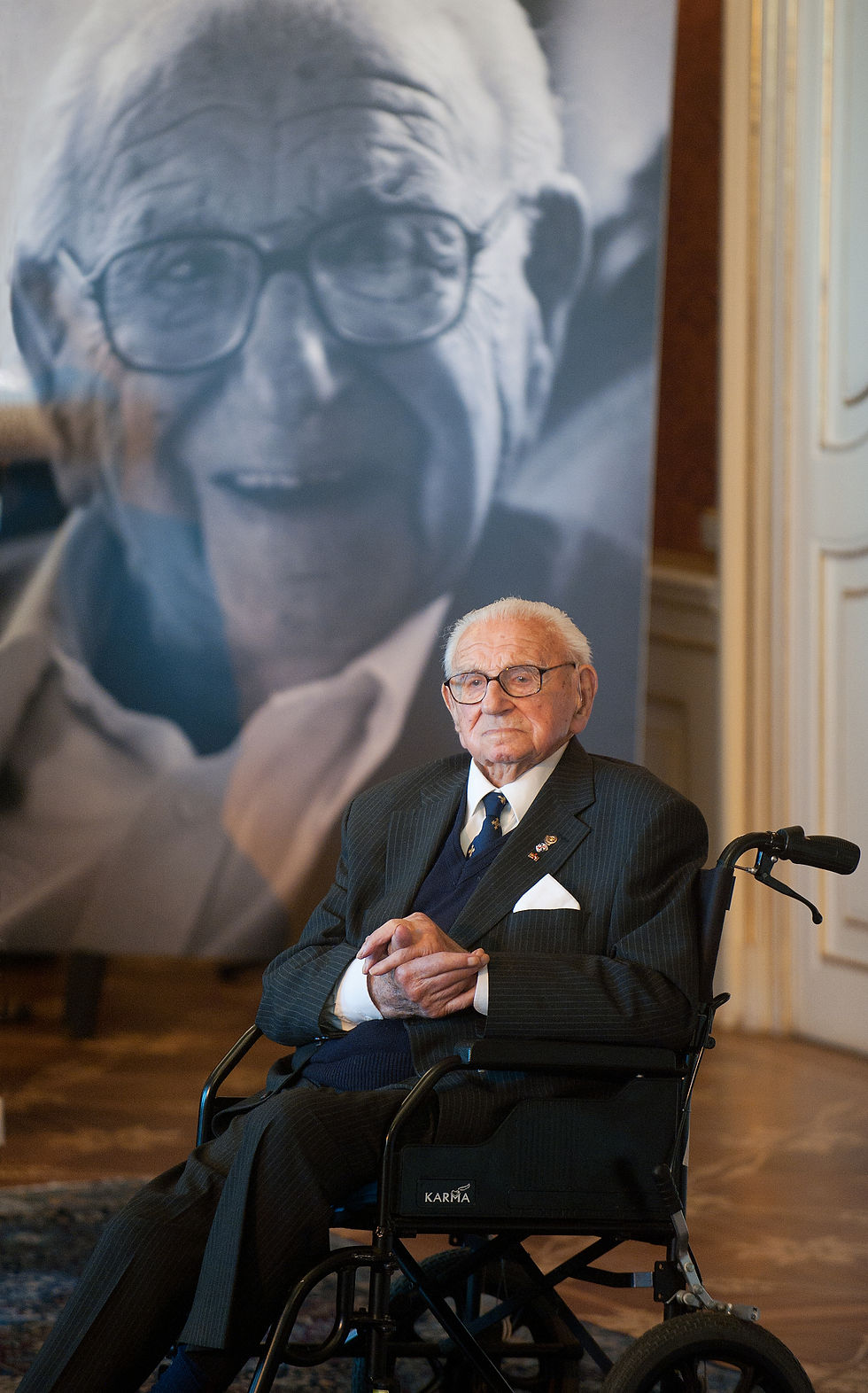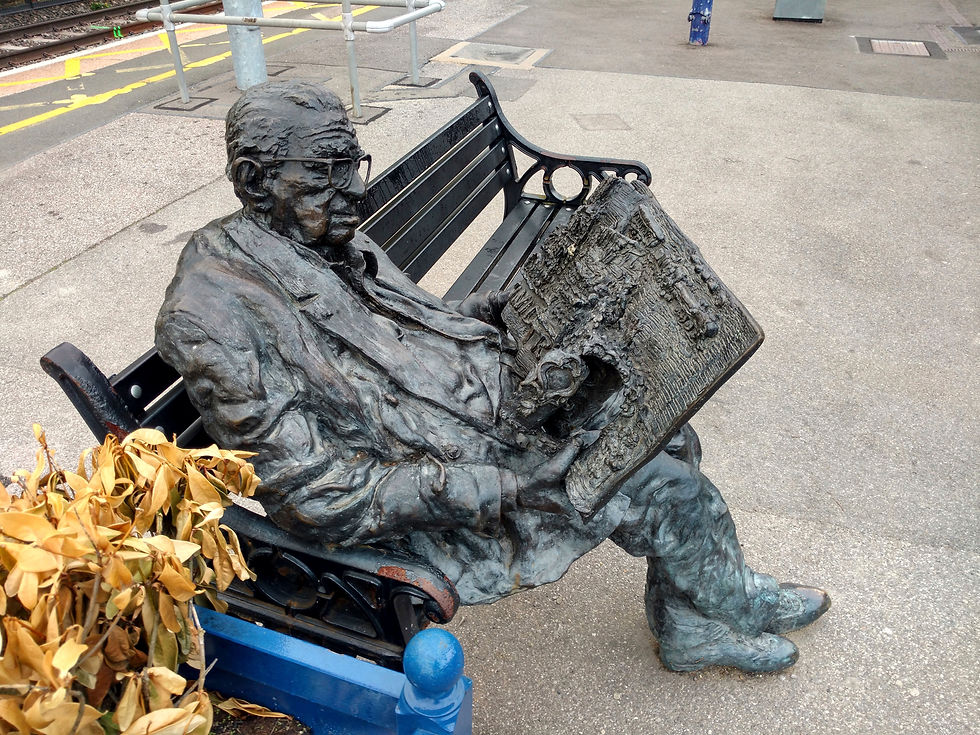Altruism in Psychology:
Altruism refers to behaviors that are motivated by a selfless concern for the well-being of others. In a psychological context, altruistic behaviors are those that are not driven by personal gain, and might even come at a personal cost to the individual performing the act. The central aspect of altruism is the intention to benefit another without expecting any direct reward or reciprocity.
Origin of the Term:
The term "altruism" originates from the Latin word "alteri," meaning "other people." It was first coined by the French philosopher Auguste Comte in the 19th century. Comte believed in a "religion of humanity" that encouraged individuals to live for the sake of others.
Detailed Description:
In psychology, altruism is often contrasted with egoism, which is the motivation to increase one's own welfare. Altruism doesn't necessarily mean putting others' needs above one's own in all circumstances, but it means acting out of concern for the well-being of others.
There's debate in evolutionary psychology about why altruism exists, given that it can sometimes come at a personal cost. Some theories include:
Kin selection: Altruistic behaviors might evolve if they benefit close relatives who share many of the same genes.
Reciprocal altruism: The idea is that individuals act altruistically because they expect the favor to be returned in the future.
Group selection: Altruistic groups might have advantages over groups where members do not support each other, leading to the survival and propagation of altruistic behaviors in the long term.
Famous Examples of Altruism in the Real World:
Oskar Schindler: During World War II, he saved the lives of over a thousand Jews by employing them in his factories and going to great lengths to protect them from the Nazi regime, often at significant personal and financial risk.
Mother Teresa: She dedicated her life to helping the poor, sick, and dying in India, establishing homes for those suffering from leprosy, tuberculosis, and other afflictions.
Wesley Autrey: In 2007, Autrey saw a man collapse onto the subway tracks in New York. Without hesitation, he jumped down to save the man by lying on top of him as a train passed overhead, mere inches above them.
Anonymous organ donors: There are numerous instances of individuals choosing to donate kidneys or bone marrow to complete strangers without expecting anything in return.
Sir Nicholas Winton: In the months before World War II, Winton organized the rescue of

669 mostly Jewish children from Nazi-occupied Czechoslovakia to Britain, saving them from the concentration camps.
These examples demonstrate a spectrum of altruistic actions, from those carried out by everyday individuals in unexpected moments to lifelong commitments to the welfare of others.


Kommentit